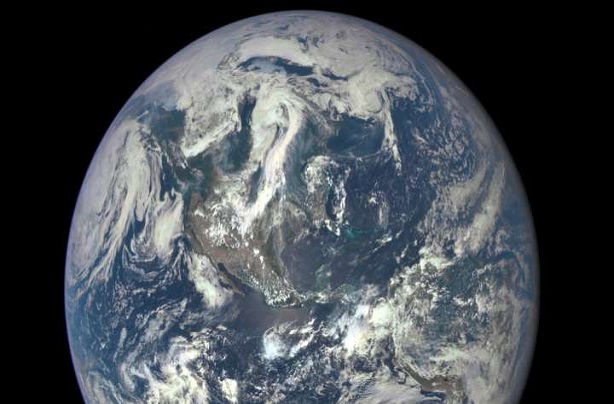15,000 Scientists Issue a “Warning to Humanity” About the Biggest Threat to Our Species
Another warning to humanity, thousands of scientists around the world have come together, and discussed about the unprecedented threats that we as a species, and more importantly our planet as a whole, are currently facing.

They list all of the processes that have been happening to the worlds and are considered dangerous, such as climate change, population growth, deforestation, species extinction, and loss of access to clean water, and how terrible we are when we need to prevent them.
There was a letter back in 1992, made by a group of scientist called “World Scientists’ Warning to Humanity”, who also made a letter and this one comes more like an updated version of it, in which 1,700 scientists, including most scientific Nobel laureates alive at the time, stated what they considered the biggest threats to the Earth and to us.
Now, the main subject is how we have progressed after 25 years, and although it’s needless to say, the results are not better. Or good, in any way.
“With the exception of stabilizing the stratospheric ozone layer,” the authors wrote in this updated correspondence, “humanity has failed to make sufficient progress in generally solving these foreseen environmental challenges,” adding rather worryingly that “alarmingly, most of them are getting far worse.”
This second-notice has now been signed by 15,000 scientists from 184 different countries. They have checked back and compared to today, how far we overcame the issues that were mentioned as treat and danger to our kind and the planet itself.
In 1992, the main focuses were the ozone depletion, availability of fresh water, marine life depletion, forest loss, ocean dead zones, biodiversity destruction, climate change and continued population grow. Now, 25 years later, everything mentioned is still a threat, unchanged, and gone by worse.
Over the time the human population has increased by 2 billion, or 35 percent. Close to 121 million hectares (300 million acres) of forest have been cut down, while the number of ocean dead zones has increased by 75 percent, and the amount of fresh water available per person has dropped off by 26 percent.
But the researchers note that we shouldn’t fall into despair, and state that maybe the fact that they have succeeded to solve the problem with the ozone depletion is still a sign that these meetings and researches have reach, and can be of use.
Maybe we just need to insist more on solving the problems, react to the governemtns, spread more on social media, tackle the industry to have a wider and more effective reach to them.
“As most political leaders respond to pressure, scientists, media influencers, and lay citizens must insist that their governments take immediate action as a moral imperative to current and future generations of human and other life,” they wrote.
“With a groundswell of organized grassroots efforts, dogged opposition can be overcome and political leaders compelled to do the right thing.”
Source: IFL Science
